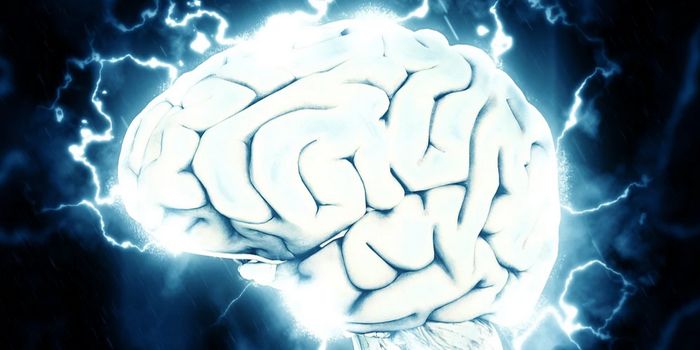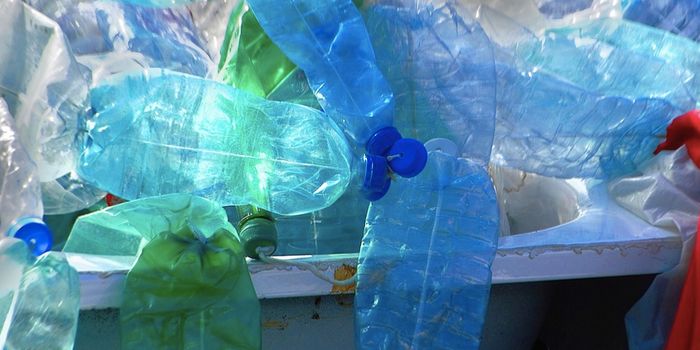Memory Recall Linked to Circadian Rhythm
A study from the University of Tokyo identified a specific gene responsible for memory retrieval in mice.
The study aimed to investigate the biology of forgetting information that the brain has undoubtedly stored. The biology of making and storing memory is well studied, but it is still a mystery why these memories sometimes fail. The difficulty with studying forgetfulness is making sure the memory in question is cemented in the brain's longterm storage. There is a difference between forgetting something that was certainly learned, like lyrics to Journey's "Don't Stop Believin'," and forgetting information that was never cemented in memory, to begin with, like the someone's name after introduction. The researchers in this study were concerned with the former type of forgetfulness.
The experiment was carried out by observing mice in a two-part memory test. During a "learning" phase, researchers let mice explore a new object for a few minutes. Then during a later, "recall" phase, researchers brought back the object they introduced and timed how long the mice spent investigating it. If the mice remember the object, they will spend less time investigating it during the recall phase. If the memory of the object was not stored in longterm memory, the mice would explore the object for a more extended period, as if it was new again. Finally, researchers repeated the experiment, but moved the recall phase to different times of the day.
The experiment was carried out with healthy mice, and mice that lack the BMAL1 gene. BMAL1 is a regulatory gene at the core of circadian rhythm control, which causes a waterfall of genes to express, relating to muscle and hair growth, among other growth processes. BMAL1 is most active just before normally scheduled sleep, and least active just before normal waking.
Mice that completed the learning phase just before their normally scheduled wake-up, and then completed the recall phase just after they normally went to sleep, retained a memory of the object. Mice that completed the learning phase just before wake-up, but then tested the following morning usually did not remember the object. Though both experimental populations share these results, mice that lack BMAL1 were less likely to recall the interaction even when tested at the optimal, evening, time.
Researchers are now interested in finding out why it is evolutionarily beneficial to have the memory recall system that fluctuates with the circadian rhythm.
With further evidence, researchers hope this gene could be used to treat people with Alzheimer's Disease and dementia.
Sources: Hasegawa et. al. ,ScienceDaily, UniProt









